A quick one as we settle into the week. The Kioxia CM7 and CD8P PCIe 5.0 and NVMe 2.0 compliance. This is a small step, but one that is important for the industry as more PCIe Gen5 platforms hit the market.
Kioxia CM7 and CD8P Get PCIe 5.0 and NVMe 2.0 Compliance
The Kioxia CM7 is a PCIe Gen5 NVMe SSD we recently reviewed. This drive is fast, and we saw 14GB/s sequential transfers from it. For all of those who are using AMD EPYC or even the new 5th Gen Intel Xeon Scalable Emerald Rapids servers this is one of the only publicly available PCIe Gen5 drive options in the market. It is also perhaps the one we see most often, especially from major SSD vendors.
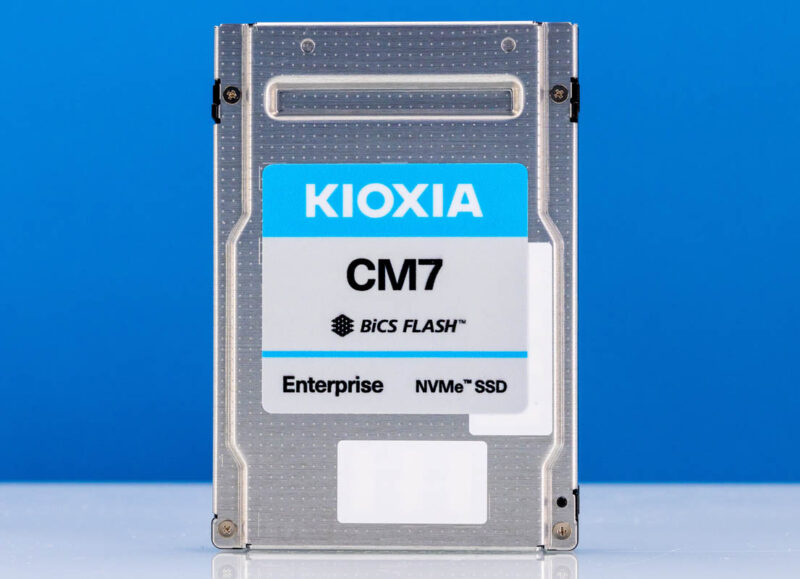
Another great example of these drives is that we are using them in the Broadcom 8x 2.5″ external DAS units that we showed in our recent Broadcom 8x 2.5in External SAS4 and NVMe JBOD piece.
Koxia also has the CD8P. The Kioxia CD8P we have seen in EDSFF E3.S form factors before although there are U.2 2.5″ as well. E3.S is slowly taking slot share from 2.5″.
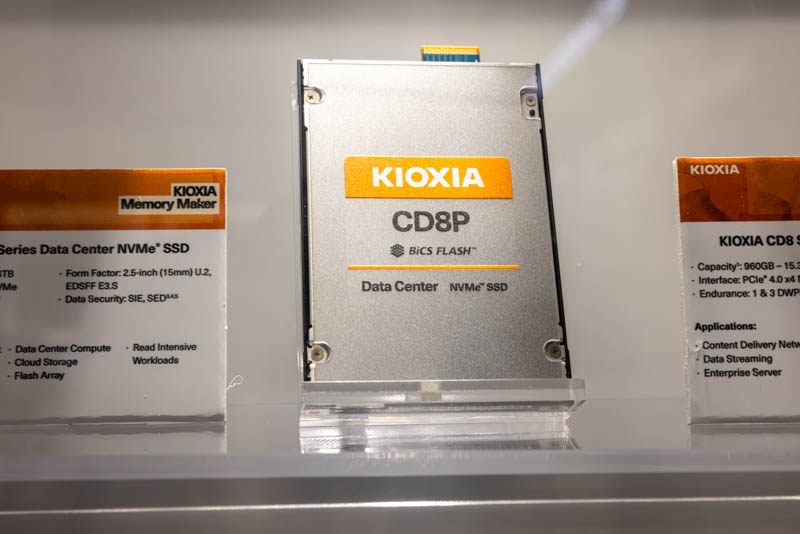
Kioxia has two PCIe Gen5 and NVMe 2.0 drives while there are still major SSD vendors that have yet to launch a PCIe Gen5 drive.
Final Words
Generally, these certifications mean that they have passed the University of New Hampshire’s InterOperability Lab’s testing process. The idea is that drives on that list can be used by many in the industry.
Of course, cloud providers can deploy these in their systems without certification. At the same time, in the industry, this is often a significant step to getting broader adoption from a number of OEMs who rely on the Lab’s certifications before considering drives. PCIe Gen5 systems have been decently available for a year now, it is time to start transitioning higher-speed storage workloads to PCIe Gen5.

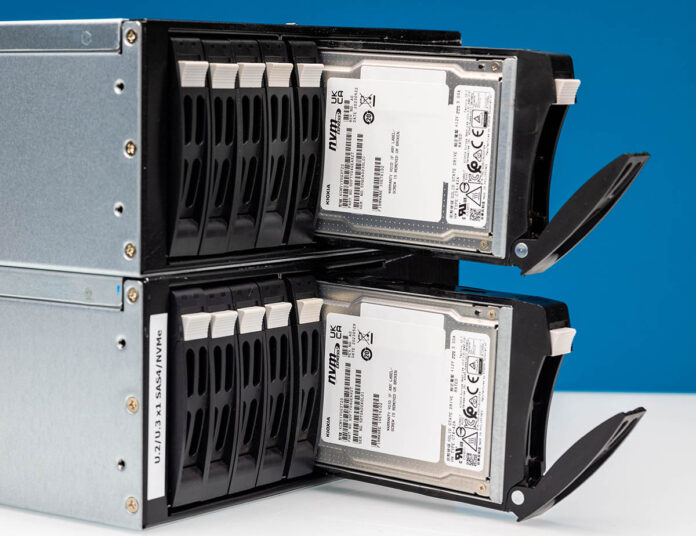
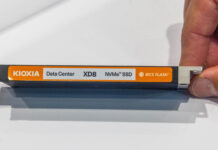
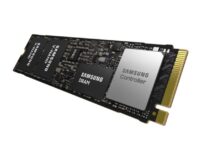
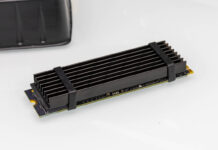
What does NVME 2.0 signify?